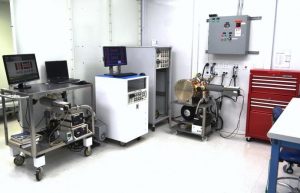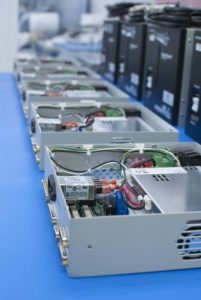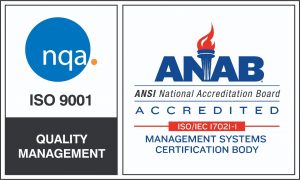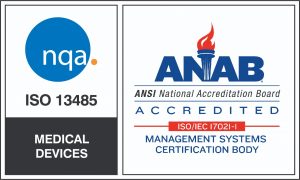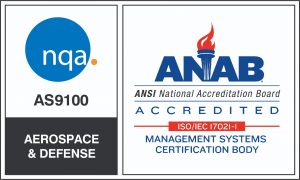What is Contract Manufacturing?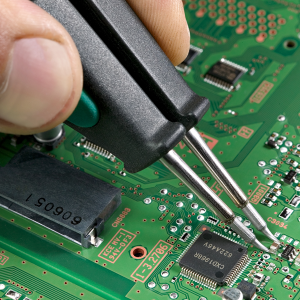
Many companies require help to manufacture their products. These companies often enlist the assistance of a contract manufacturer. A contract manufacturer builds and distributes products under the label or brand of the company that hires them. Contract manufacturing is sometimes referred to as private label manufacturing.
Benefits of Contract Manufacturing
Contract manufacturing has many benefits. It frees up time so that companies are able to focus on other aspects of their business. It also allows them to expand into new markets. Companies that use contract manufacturers save money in two ways. Since contract manufacturers work with multiple companies, they are able to procure parts at a fraction of the cost. When companies use contract manufacturers, they do not need to have products produced in-house. This helps them save on wages, training as well as the facility and equipment necessary to manufacture their products.
When demand for a specific product is high, contract manufacturing can be used to meet that demand. By using a contract manufacturer to meet short-term demand, companies are able to avoid the additional costs involved with increased production. Contract manufacturing can also be used to test a product before it goes to market.
Contract manufacturing is useful in a number of industries. It is commonly used in the aerospace, defense, semiconductor and pharmaceutical markets. Contract manufacturing can be used to manufacture a variety of products or their components.
Choosing a Contract Manufacturer
The quality of a product says a lot about a business. This is why it’s extremely important to select a contract manufacturer with the skills and experience necessary to fulfill your arrangement. The contract manufacturer you use should have the capabilities to complete your request in a timely and cost-effective manner. They should have access to the equipment and the technology necessary to produce a wide variety of products.
Contract Manufacturer in Carlsbad, CA
Means Engineering, Inc. offers contract manufacturing for a variety of industries. Our superior quality control measures ensure high quality products and consistent results. Our experienced team has many years of experience designing and producing. We work directly with our clients from concept to completion.
